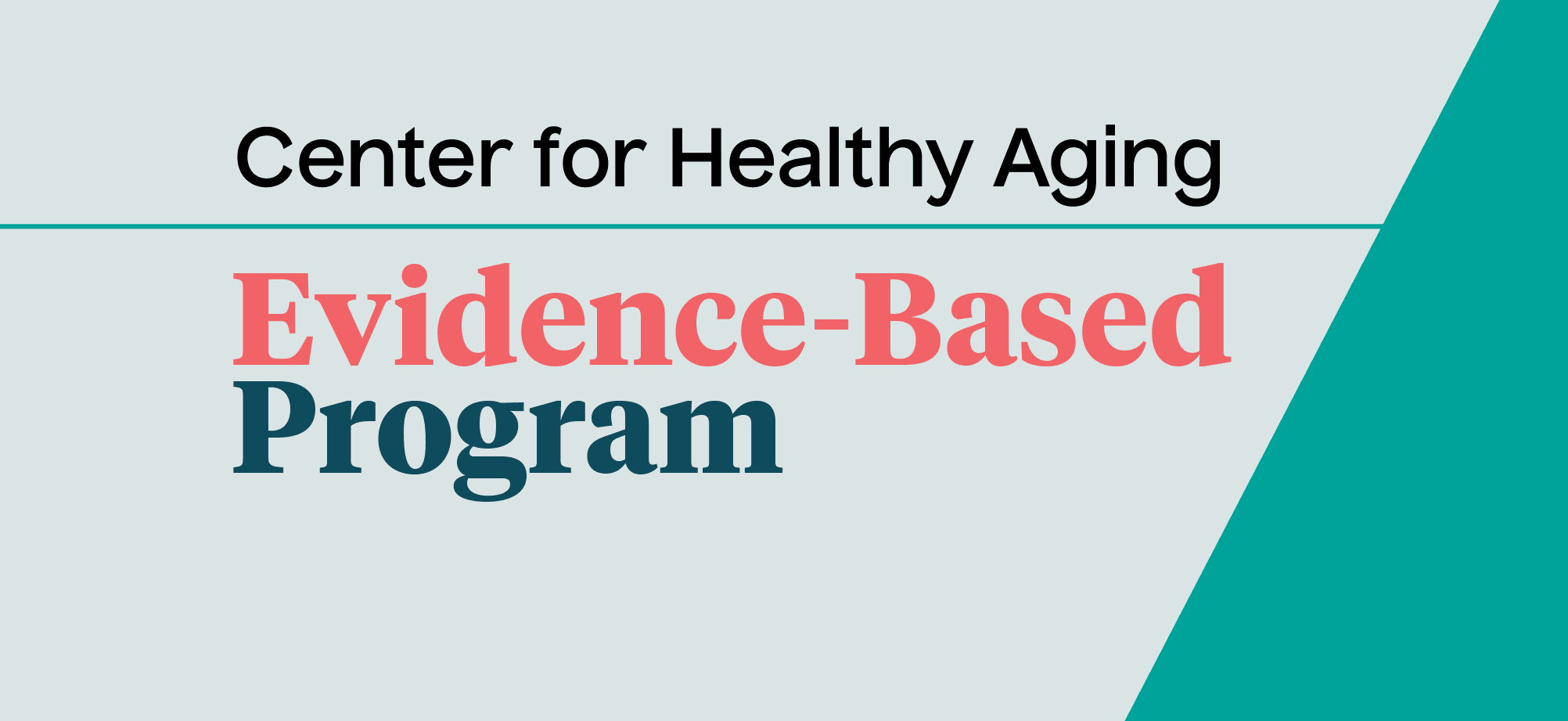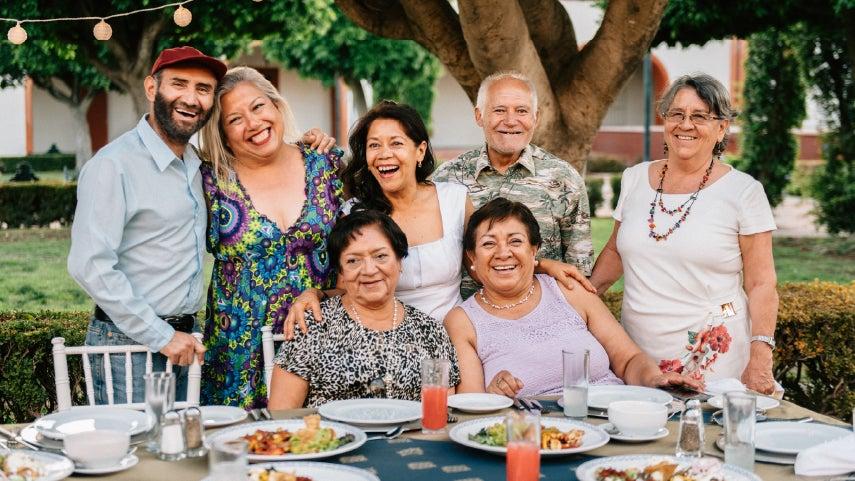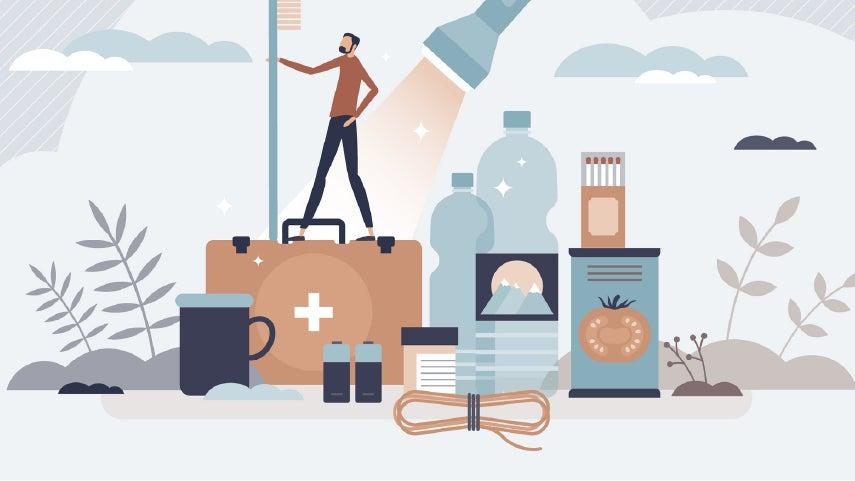Tip Sheet: Collecting Participant and Partner Data for ACL Chronic Disease Self-Management and Falls Prevention Evidence-Based Programs
4 min read

Organizations funded by the U.S. Administration for Community Living (AC) are required to collect data on evidence-based chronic disease self-management education (CDSME) and falls prevention programs. Why is data important? Data help determine program reach, value, and effectiveness, inform future programming, and allocate funding appropriately.
All ACL grantees and their partners can benefit from having current and reliable data when planning for program implementation and building partnerships in the community. Data can present strong marketing points when developing and presenting value propositions that highlight the feasibility of implementing these programs, their impact on health and financial outcomes, and to secure partnerships with new organizations.
Over the years, NCOA has published many scientific articles and presented findings on the CDSME and falls prevention programs that have helped us learn more about the benefits of these programs, their limitations, and identify community members that may be left out. You can always find the latest research on NCOA’s research hub. The hub has a collection of articles, presentations, and other data reports that are full of useful statistics you can use in your work.
Yet, despite the importance and value, many organizations experience challenges with collecting data from participants and partners. In fact, the National CDSME and Falls Prevention Database show that the rate of missing post-program survey responses regardless of the modes of delivery—in-person or virtual—is high, hovering around 60%, encouraging us to take action to make improvements.
The following are creative ways ACL grantees have shared over time and during the Capacity Building and Delivery Infrastructure Workgroup to maximize data collection from participants and partners.
Collecting data from participants
- Prove you use their data by sharing concrete examples. Show that your organization has a culture of taking participants' input seriously and making valuable changes based on consumer input (e.g., “Thanks to your feedback, we were able to secure budget to install better lighting”). Contact NCOA for any help retrieving your data or finding useful data points to share with participants.
- Gain trust by describing the ways you protect participants' data. This is especially helpful when participants are skeptical about answering personal questions: Provide why you need that information (e.g., “Your information helps us to better understand and serve your community”).
- Assess participants’ tech savviness at the beginning of a workshop and ask about their preference for submitting survey responses at the completion of a class (e.g., online forms, phone calls, or snail mail).
- Prior to closing out the last online session, send a link to the survey and give users a few minutes to complete the survey.
- Follow up with participants periodically not only to collect their survey responses but also to keep them engaged with your organization.
Collecting data from partners
- State the data submission expectations and requirements clearly in the memorandum of understanding (MOU) for leaders and their organizations, such as financial penalties for not submitting data to the national database within 30 days of a workshop’s completion. Examples of MOUs can be found below.
- Collect class information and schedule from leaders and partners through online platforms to maintain a centralized class calendar and ensure data collection from each class.
- Use tablets to collect the required data directly from participants when meeting in person, and ensure that someone can quickly export the data for submission.
- Conduct periodic training on data collection for leaders. Staff turnover can make knowledge transfer difficult and leave organizations with a void in understanding the data collection and submission process. NCOA can assist with any training and retraining needs.
- Recognize leaders and organizations who submitted data in a timely manner through newsletters, social media posts, meetings, etc.
- Incentivize data submission by offering small gifts or raffles.
- Offer subgrants in exchange for data submission.
- Share program summary data back with partners, displaying their progress toward the grant’s goal, or interesting facts about participants. This can be as simple as a few bullet points in an email, data charts in newsletters, or graphics shared during regular gatherings.
You can learn more about data collection and management tips specific to the Healthy Aging Programs Integrated Database, HAPID®, on our website and watch data management recordings and tutorials through NCOA Connect, our learning hub. Contact hapidhelp@ncoa.org with data-specific questions.
Examples of memorandum of understanding
in this Tai Chi for Arthritis Instructor Statement of Understanding, the Southampton Hospital Foundation outlines the requirements and expectations for new instructors/leaders and includes a good practice of having the organization sign off on the MOU as well, ensuring the elements of buy-in and commitment.
in this Partners Affiliate Agreement, the Partners in Care Foundation gives various requirements and also clearly states that the data is to be submitted “by the 10th day of each month…for each workshop that ended in the previous month”, and failure to comply with required responsibilities may result in termination of the partnership agreement.
This project was supported, in part by grant number 90CSSG0048 and 90FPSG0051 from the U.S. Administration for Community Living, Department of Health and Human Services, Washington, D.C. 20201. Grantees undertaking projects under government sponsorship are encouraged to express freely their findings and conclusions. Points of view or opinions do not, therefore, necessarily represent official Administration for Community Living policy.



